WASHINGTON—The Trump administration took swift action in its final months to ban investments in communist Chinese military companies, in an effort to curb Beijing’s access to the lucrative U.S. stock market. However, more work needs to be done to protect U.S. capital markets and critical technologies, according to a panel of China experts.
There’s a need to modernize U.S. laws and export controls, Nazak Nikakhtar, partner at law firm Wiley Rein LLP and former assistant secretary at the U.S. Department of Commerce, said on March 19 at a hearing by the U.S.–China Economic and Security Review Commission (USCC).
“Maintaining the status quo cannot be our strategy going forward,” she said.
Nikakhtar said a recent analysis by the Commerce Department that’s based on publicly available data shows that U.S. public and private equity investments in Chinese- and Hong Kong-domiciled companies from 1992 through the end of 2020 totaled $2.3 trillion in market value.
U.S. investments in state-owned enterprises totaled more than $152 billion, while investments in companies that are tied to the People’s Liberation Army (PLA) totaled nearly $55 billion, the analysis shows.
“These facts refute the notion that prohibiting capital flows to China makes no difference,” Nikakhtar said. “Limiting capital will absolutely slow the growth of the Chinese military-industrial complex, and our initiatives may even prompt some of our allies to do the same.”
Nikakhtar suggested that the U.S. Congress consider additional amendments to the National Defense Authorization Act to further improve the Pentagon’s CCMC designation authority, by expanding the definition of CCMCs.
Freedom Weighted Index
Many of the CCMC companies are publicly traded on stock exchanges around the world. Through public pension and retirement funds, Americans are transferring wealth to these blacklisted companies from the United States.Speaking at the USCC hearing, Perth Tolle, founder of Life + Liberty Indexes, said that most emerging markets indexes have nearly 40 percent direct allocation to China.
The largest index providers, MSCI and FTSE, have about 38 percent and 43 percent China allocation, respectively, in their emerging market indexes. Many exchange-traded funds (ETFs) and other passive investment funds benchmark their investments against these major indices.
Tolle’s company, which is an emerging market index provider, is the opposite because it’s freedom-weighted and hence excludes some of the autocratic countries such as China. The company’s equity strategy uses personal and economic freedom metrics as primary factors in the investment selection process.
Tolle also disagreed with people who claim that it’s impossible to do emerging markets indexing without China.
“It is possible. We do it, and ex-China ETFs do it,” she said. “Emerging markets have no shortage of securities that would easily meet minimum size and liquidity requirements for index inclusion.”
Following Trump’s executive order, the fund issuers and asset managers asked index providers to drop some of the blacklisted Chinese companies from their indexes.
Restricting U.S. investment in Chinese military companies “will likely have minimal impact on the underlying behavior of these firms,” said Ryan LaFond, deputy chief investment officer at hedge fund Algert Global.
Speaking at the hearing, LaFond said there are better channels of addressing the problem.
“Rather than restricting investments, regulators could enhance the disclosure requirements for U.S.-listed firms and work with global regulators to enhance disclosure requirements across the globe,” he said.
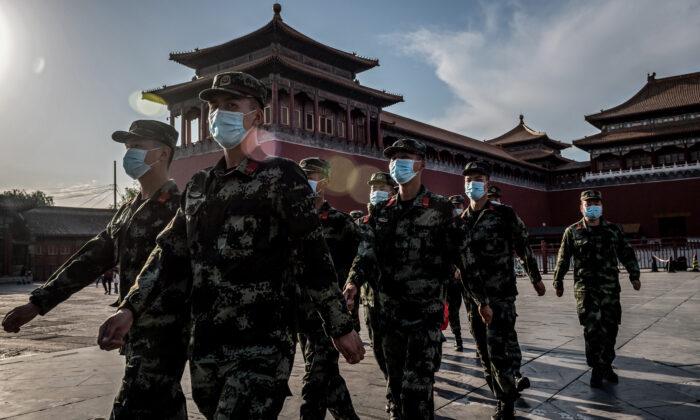

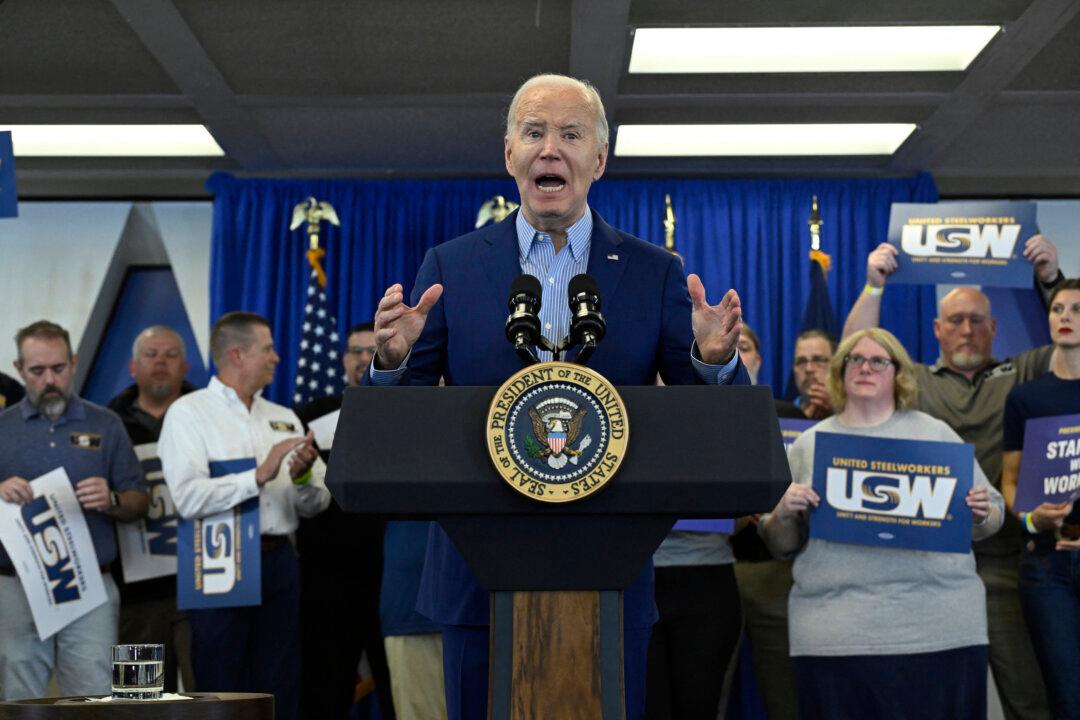
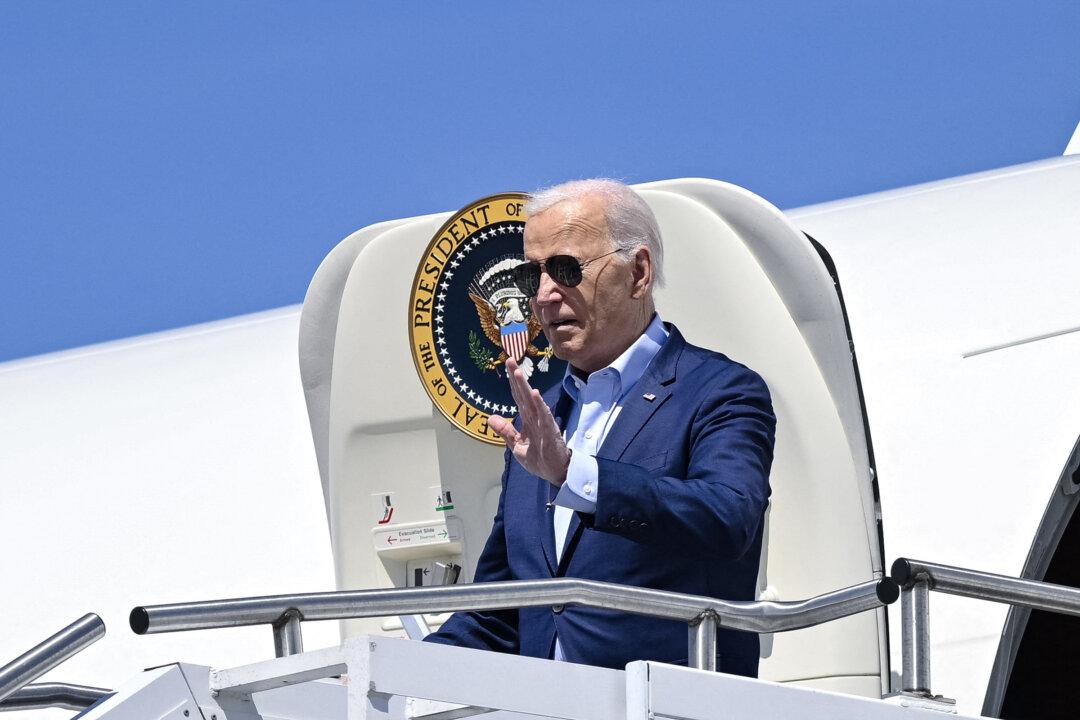
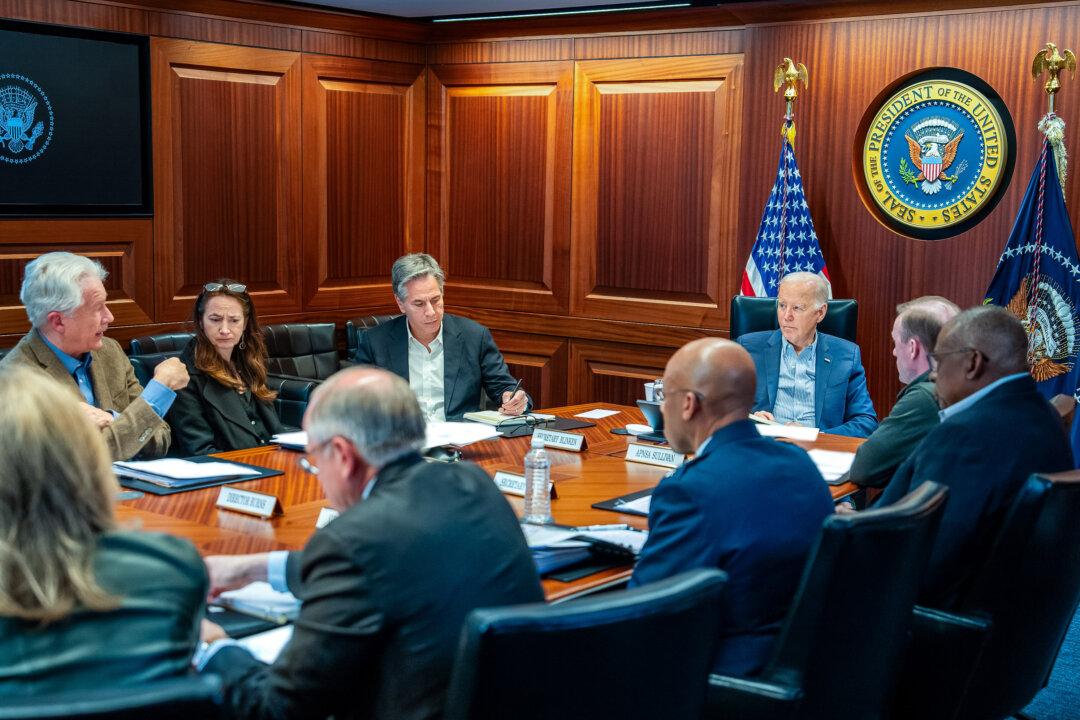
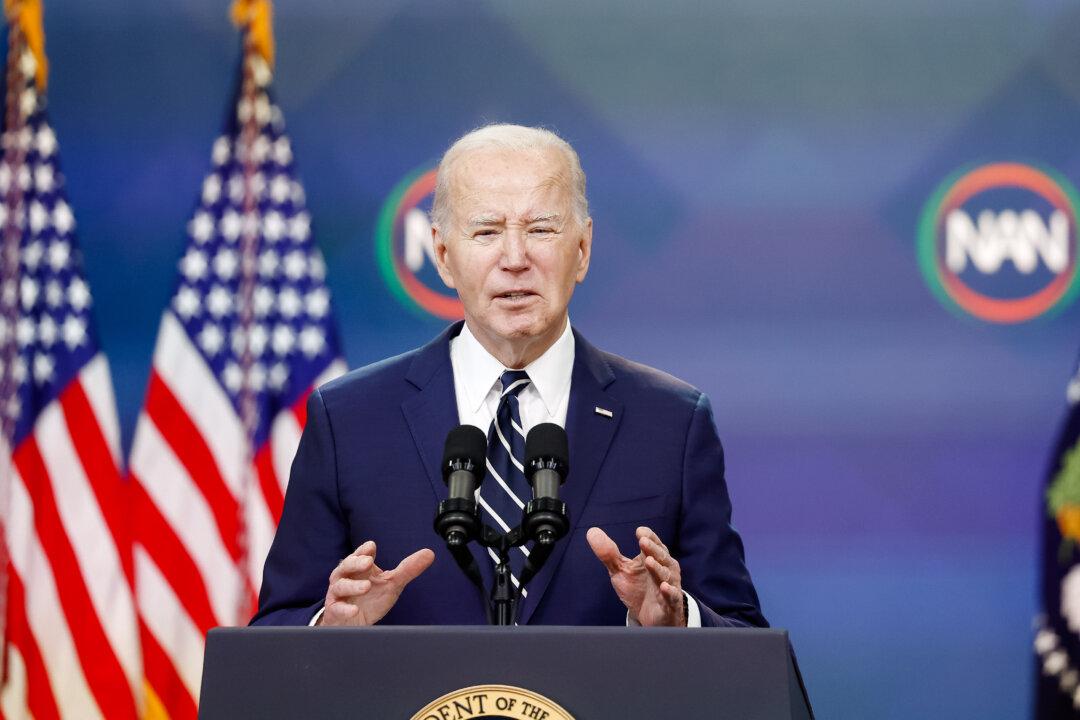
Friends Read Free